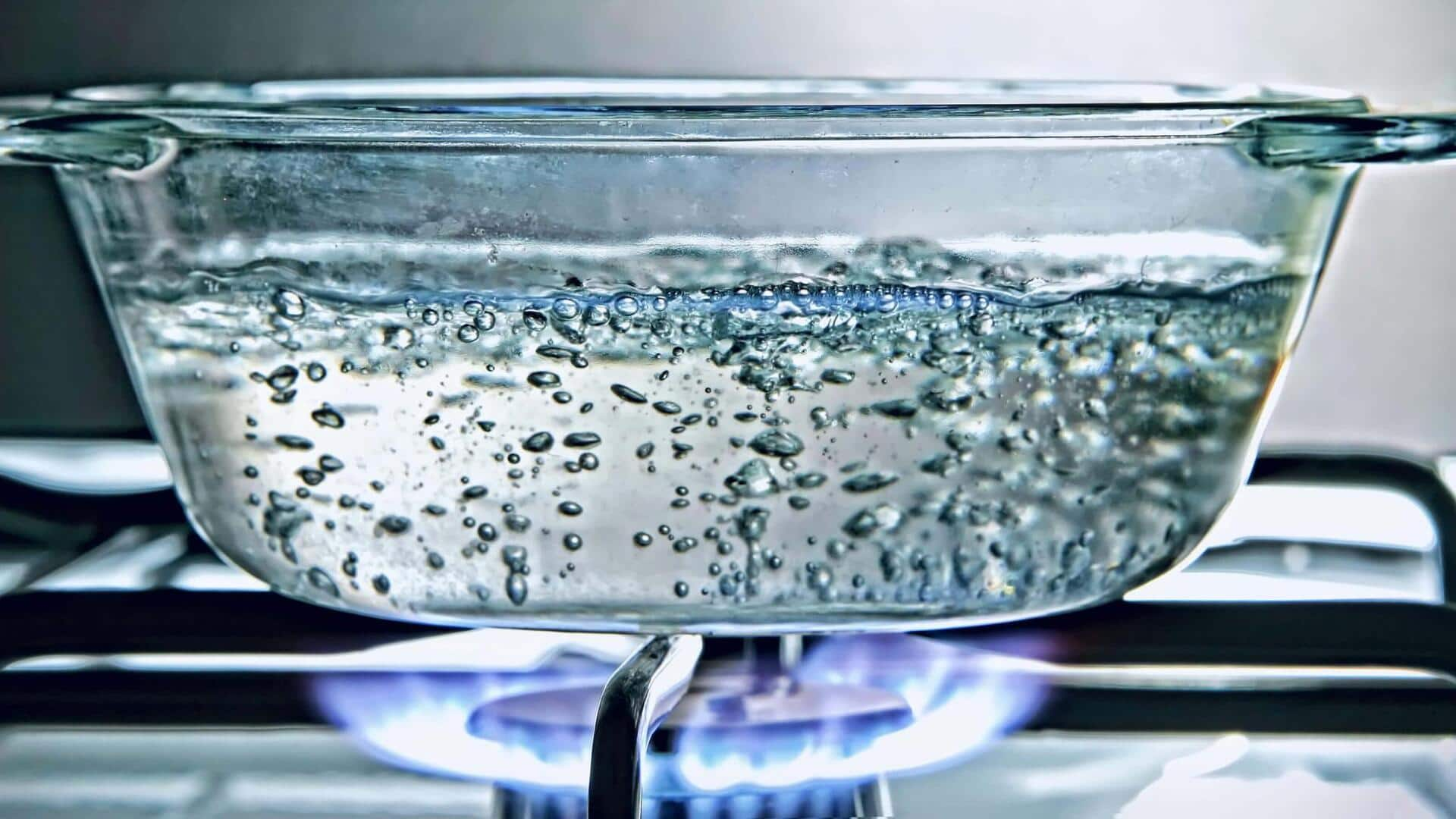
Exploring frugal water purification methods in Africa
What's the story
In numerous parts of Africa, the struggle for clean drinking water continues due to resource constraints and insufficient infrastructure. Finding and applying affordable water purification techniques is crucial. This article explores various cost-effective methods that can be employed to guarantee the supply of safe drinking water. It focuses on simple and readily available solutions, addressing the needs of communities seeking a sustainable resolution to this critical challenge.
Solar power
Solar disinfection: Harnessing the sun
One of the cheapest and simplest ways to clean water in Africa is solar disinfection. This method involves filling clear plastic bottles with water and leaving them in the sun for a minimum of six hours. The sun's ultraviolet rays kill harmful pathogens in the water, making it safe to drink. This method is affordable for many communities because it only requires sunlight and plastic bottles.
Boil water
Boiling: The traditional method
Boiling is the oldest and most trusted method of purifying water. By bringing water to a rolling boil for at least one minute, you can eliminate most harmful pathogens, including bacteria, viruses, and parasites. Although this method requires a heat source like firewood or gas, it is still a practical choice for many African households because of its simplicity and effectiveness.
Clay filtration
Ceramic filters: Simple yet effective
Ceramic filters offer an affordable solution for water purification. Crafted from clay and combustible materials such as sawdust, these filters undergo firing in a kiln, which burns away the combustible material, leaving minuscule pores in the clay. This porous structure permits the passage of water while trapping larger impurities. These low-cost filters exhibit a high efficacy in eliminating disease-causing organisms.
Chemical treatment
Chlorination: Chemical purification
Chlorination is the process of adding chlorine to water to kill harmful microorganisms. This method is highly favored due to its broad-spectrum effectiveness against various pathogens and its ability to provide residual disinfection i.e. it prevents the water from getting recontaminated over a certain period of time. People use chlorine tablets or liquid bleach to disinfect their water. These are cheap and easily accessible across many African countries.
Sand filter
Sand filtration: Nature's filter
Sand filtration replicates nature's purification mechanisms inherent in groundwater systems. It utilizes layers of sand and gravel to eliminate impurities from water as it slowly percolates through them. Building a sand filter involves readily available materials—sand, gravel, charcoal (optional), and containers (plastic drums or buckets with holes drilled for drainage). This makes it a cost-effective solution for community-driven initiatives focused on enhancing access to safe drinking water.